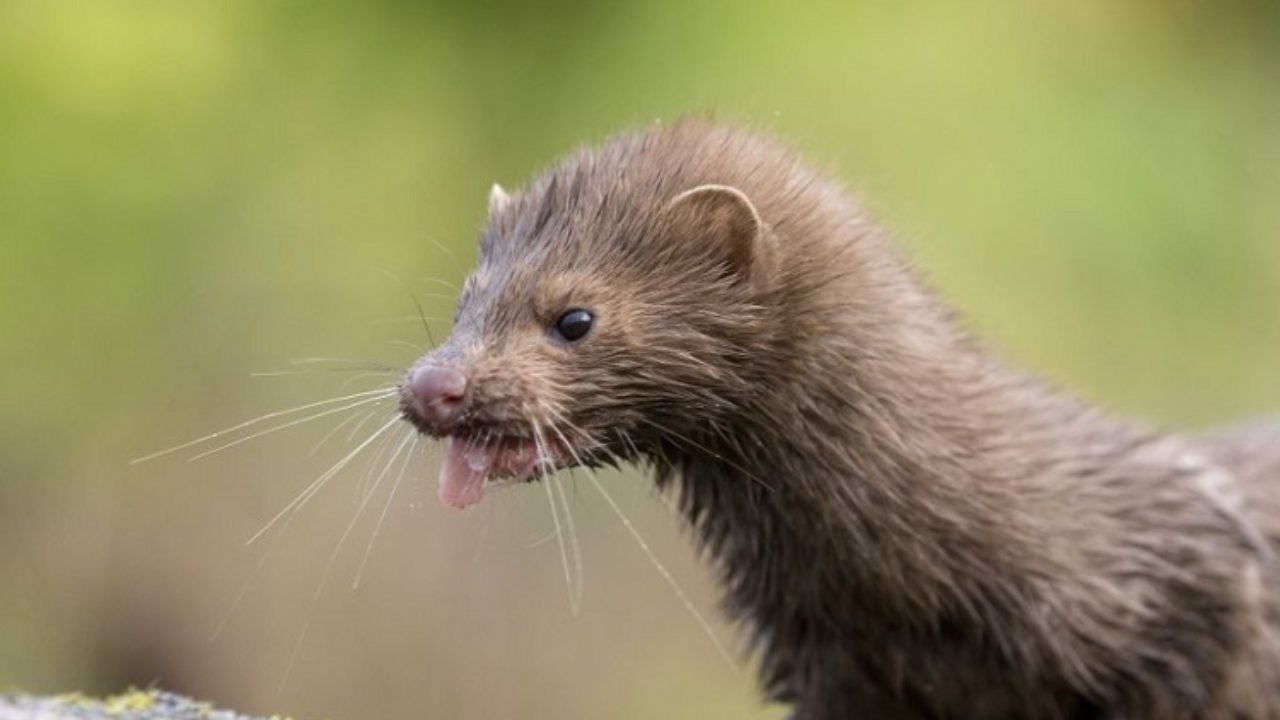A World Health Organization spokesperson said in a statement obtained by ‘Sputnik International’ that it is in touch with the Danish authorities to find out more on a new mutated version of the corona-virus detected in minks that can be transmitted to humans. The mutated version of COVID-19 was detected at mink farms in Denmark’s North Jutland region. Not just Denmark, corona-virus cases have also been detected in mink farms in Netherlands and Spain. Spain has culled 100,000 minks in July after cases were detected in one of its farms. Studies are underway to find out how minks were spreading the corona-virus.
The WHO spokesperson added, “We have been informed by Denmark of a number of persons infected with coronavirus from minks, with some genetic changes in the virus. The Danish authorities are investigating the epidemiological and virological significance of these findings and culling the mink population. We are in touch with them to find more about this incident.”
Denmark’s Prime Minister Mette Frederiksen said that the mutated virus posed a “risk to the effectiveness” of a future COVID -19 vaccine. He also cited a government report which said that the mutated virus had been found to weaken the body’s ability to form antibodies, making the COVID-19 vaccine development ineffective. Danish police and army personnel will help to carry out the mass culling of as many as 17 million (1.7 crore) minks in more than 1,000 farms.
As per WHO, currently, there are more than 150 COVID-19 vaccine candidates being developed by several countries, including India, China, Russia, the United Kingdom, and the United States. Some of the vaccine prospects have reached the phase three trials, while some have moved beyond. Health experts have predicted that an effective and safe COVID-19 vaccine will not be available for mass use before the start of 2021.
Seven municipalities in northern Denmark, home to most of the country’s mink farms, will face restrictions on movement across county lines, while restaurants and bars will be closed, Prime Minister Mette Frederiksen told a press conference. She also added that the schools will be closed, and all public transport will be shut until December 3, encouraging inhabitants in the region to stay within their municipality and get tested.
Denmark is the world’s largest producer of mink fur and its main export markets are China and Hong Kong. More than five crore minks are bred per year for their fur in China, Denmark, the Netherlands, and Poland.
Mink, like their close relatives ferrets, are known to be susceptible to coronavirus, and like humans, they can show a range of symptoms, from no signs of illness at all, to severe problems, such as pneumonia. The Minks in general were infected by catching the virus from humans. However, genetic testing work has shown that in the Netherlands and Denmark, the virus might have passed the other way, from minks to humans.
For Denmark’s mink pelt industry, which racked up exports of around $800 million last year and has employed 4,000 people, the cull could amount to a death knell. The industry association for Danish breeders called the move a “black day for Denmark”. “Of course, we must not be the cause of a new pandemic. We do not know the professional basis for this assessment and risk, but the government’s decision is a disaster for the industry and Denmark,” Chairman Tage Pedersen said.
Thirty-four years old Hans Henrik Jeppesen, who owns a mink farm told that this is a very sad situation for him and his family. Jeppesen’s 36,000 minks have not been infected but will be culled and skinned within 10 days. Some lawmakers have demanded to see the evidence behind such drastic action.
The author is a student member of Amity Centre of Happiness





